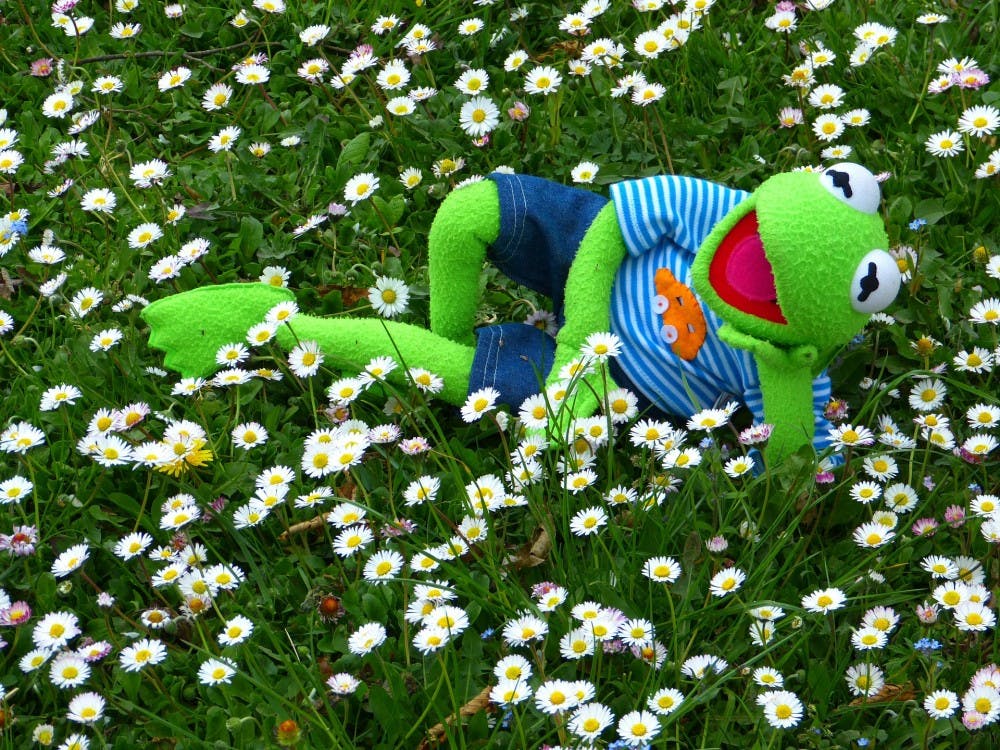There’s more to relaxing than crawling under the covers and forgetting responsibilities for a few hours. In fact, too many of us at Penn don't take the time to relax. Often, relaxing can feel like a chore; taking the time for ourselves just means that we are taking time away from being productive. Relaxation isn’t relaxing if all you can think about is the next item on the to–do list.
With this in mind, it’s important to find ways to actually relax and take a break from the hustle and bustle of Locust Walk and the endless pinging of email notifications. Rather than thinking about all the things you're missing, or deadlines you're pushing back, take a few steps to make the time you set aside for yourself work to truly escape and regroup.
Disconnect
The first step to effectively relaxing is to disconnect from the virtual world. Sure, lying upside down in bed and mindlessly scrolling through Instagram and Twitter may seem like a break, but social media can be stressful at times. If your purpose of staying in Friday night is to take some time for yourself and enjoy your own company, why do you need to see pictures of the party you didn’t want to attend? FOMO should not be part of your relaxation, and similarly stress from emails, text messages and other posts should wait as well. Get off the internet, put your phone on "do not disturb" and focus on yourself.
Set the Stage
Next, try and figure out what type of environment is most relaxing and makes you the happiest. Do you prefer to be in your room or off–campus? Music or silence? Lights on or darkness? Really thinking about the environment you want to be in will not only make you more comfortable but also allow you to fully enjoy the activities that make you happy.
Fill The Time
Finally, find a way to fill your free time. Whether your relaxation is a long bath and a novel, a solo adventure or just curling up in bed watching Bob’s Burgers, think about what will make you feel most at ease and fulfill your needs. Take the time to take care of your mind and body, however that may be.
Despite these steps, the more general piece of advice for effective relaxation is to think about what makes you happy, and then perform those actions isolated from the influences of the rest of the world. A constant stream of information may be useful, but sometimes, disconnecting from it all is what we need.

